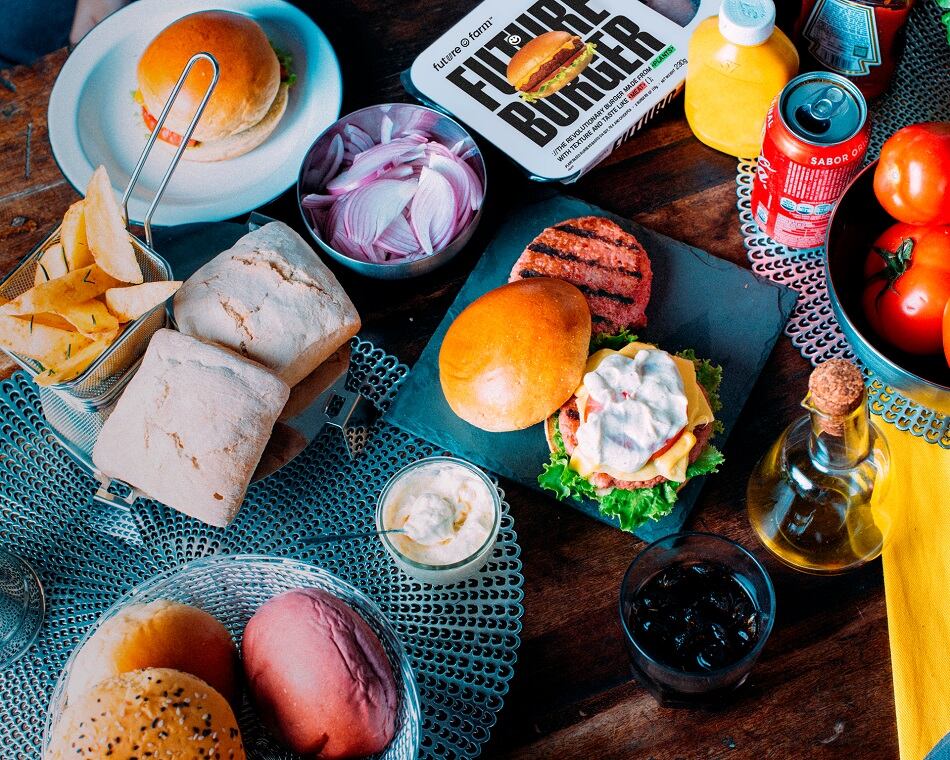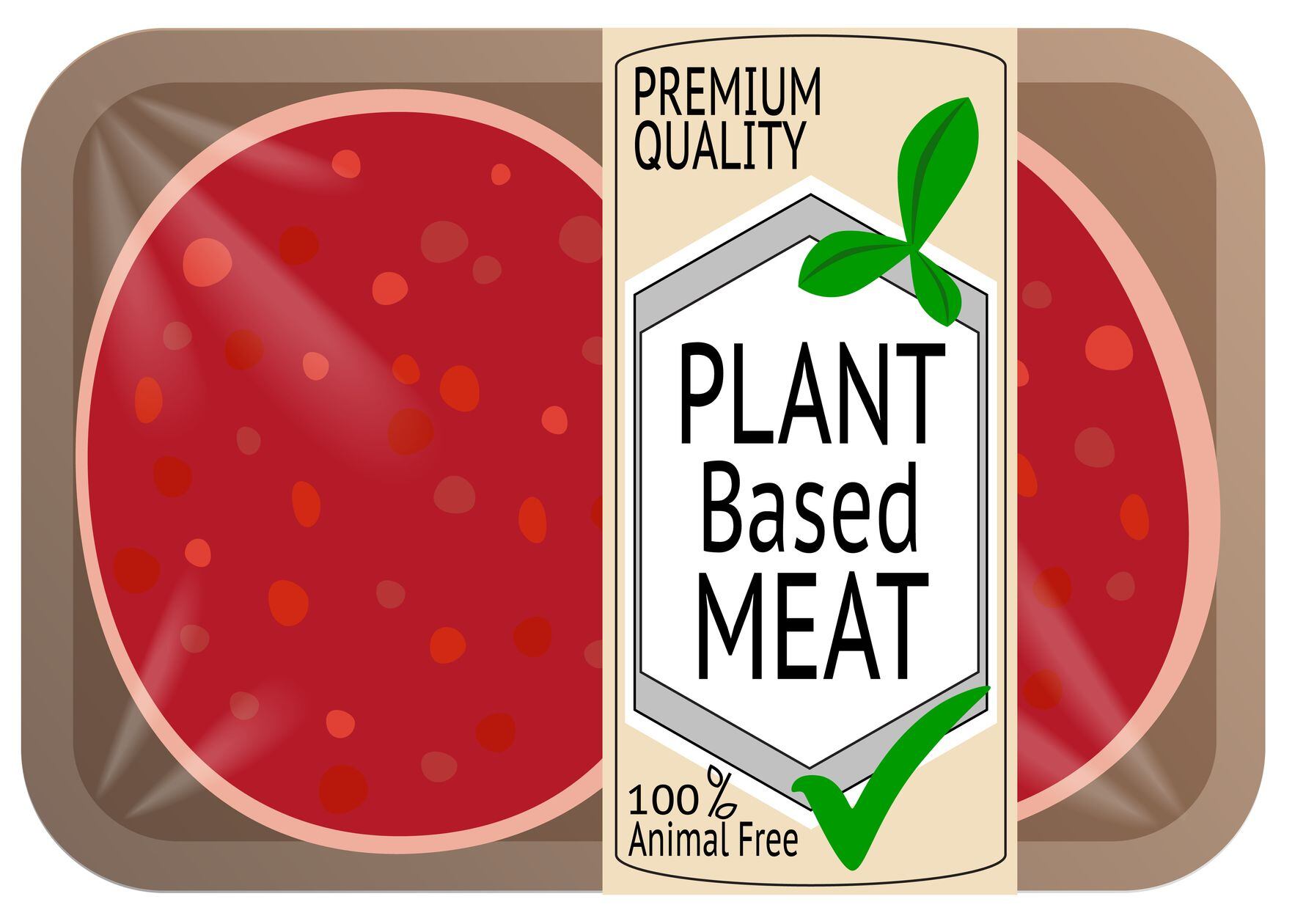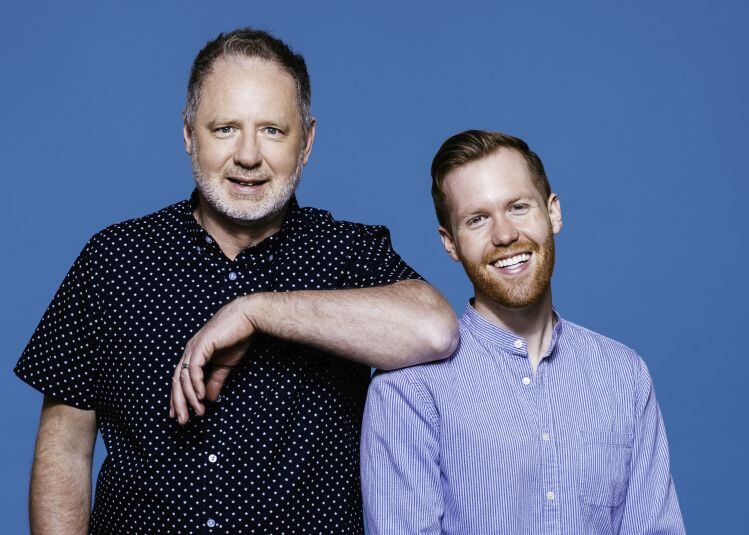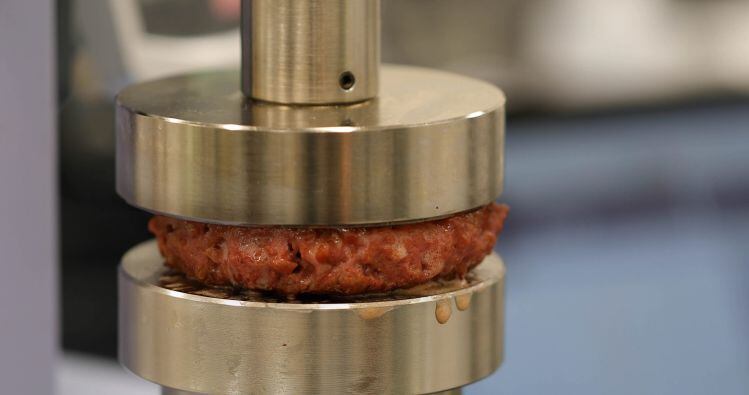With some talk about the overhyped future of plant-based meat alternatives, Ruberti is firm in his belief that there is room for another plant-based meat player in the US market and that flattening of growth in the market is largely because the category is not adequately addressing consumer needs.
Sales growth of plant-based meat was flat in 2021 vs. 2020 with $1.4bn in sales, according to 2021 data from The Plant Based Foods Association, The Good Food Institute, and SPINS. Consumer adoption of plant-based meat also held steady inching up 1% to 19% household penetration in 2021 vs. 2020.
"The category is so young that of course there’s going to be ups and downs. Despite these ups and downs, we do believe in the category, and we do believe in the potential," Ruberti told FoodNavigator-USA.
According to market research provided by Future Farm, the company identified 28 million 'plant-powered consumers' who are actively seeking out alternatives to animal-based products.
"They do buy plant-based food, but they do not buy plant-based meat yet," said Ruberti.
"And 80% of the households that buy plant-based meat -- they’re buying it between 12 and 15 times a year -- but 47% do not like what they’re trying."
This all points to a clear unaddressed market white space opportunity for plant-based meat players to tap into, argued Ruberti.
'Game-changing' Burger 4.0
So what is the point of differentiation for Future Farm's portfolio of meatballs, sausages, burgers, which use a combination of non-GMO soy protein, pea protein, and chickpea flour paired with coconut and canola oil, methylcellulose, salt and beet root powder for color?
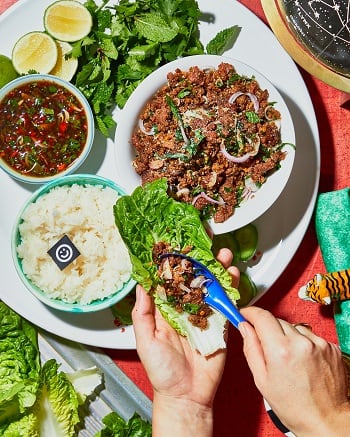
According to Ruberti, Future Farm's main strength is that it is owns its entire operations (in Brazil) and is 100% vertically integrated giving the company complete control of its production process and any tweaks made to the formulation.
"Everything we do internally is to improve the quality while reducing cost, which is a must for us," said Ruberti.
Its core focus in the US market is its burger SKU which along with offering similar nutritional attributes to Impossible Foods and Beyond Meat, is cost competitive at $5.29 per 4-patty package.
The company will also be a launching a "game-changing" 4.0 version of its plant-based burger that Ruberti said delivers an improved sensory experience and will be available in the second half of 2022.
"We are trying to imitate, as much as we can, animal meat. When we put in a sensorial test (using AI, not consumer taste tests) with the two biggest competitors in the US, in terms of texture flavor, Future Farm was the best combination," claimed Ruberti.
"This 4.0 product will be the key for us moving forward. It is another game for sure."
'We’re heavily going after foodservice and retailers'
Ruberti added that while growth in the US market may be somewhat stifled currently, in other international markets, the brand is flourishing, such as in its home market Brazil where it registered 80% volume growth year-over-year in 2021 and in the UK, where it has become the No. 2 selling plant-based burger at one major retailer, outselling Beyond Burger.
In the US, where Future Farm launched in July 2021, Ruberti said that it's already built out a strong DTC business selling on various sites such as Veji and Amazon Fresh.
Still operating within a small retail footprint within the US, where the brand recently entered into 30 Fresh Bazaar supermarket stores in New York, Ruberti said that he expects the company to accelerate its distribution footprint in the second half of 2022 supported by a partnership with national distributor Superior International.
"This year, we’re heavily going after foodservice and retailers," said Ruberti, who said its merchandising spot of choice is in the frozen section where it can offer consumers extended shelf life and therefore more value.
"In order to move this industry forward the category must be open to talking to consumers and retailers and understanding what they want," added Ruberti.
"We have to take responsibility for developing this category."

